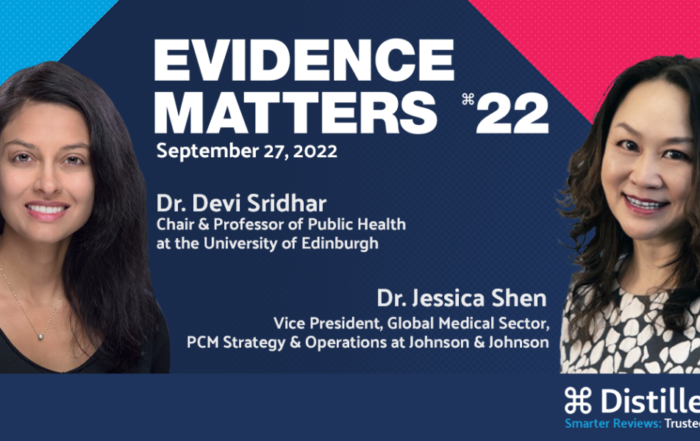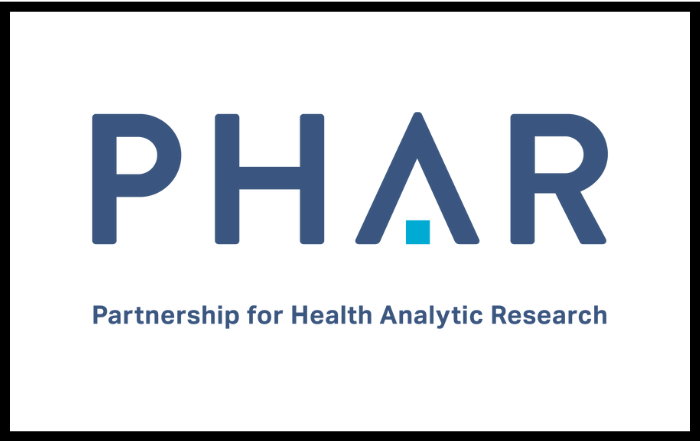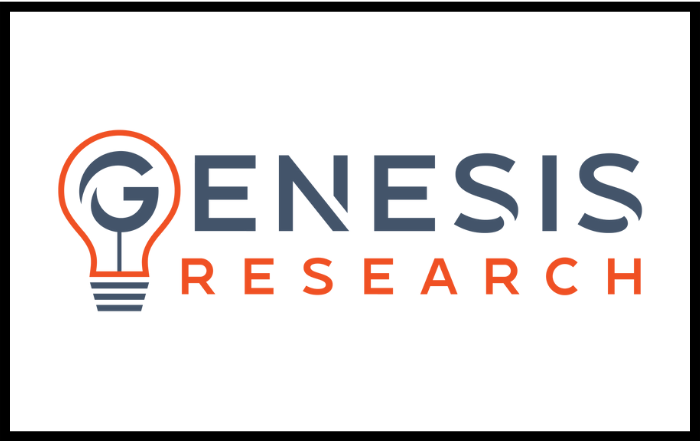Related Content
Evidence Matters 2022
Evidence Matters is a virtual one-day summit that brings the literature review community together from different industries to learn, engage, and solve ever-pressing evidence-based research challenges.
Achieving Consensus When Everyone is an Expert, but No One Agrees
Join experts from PHAR, Novartis, and Bausch Health for a discussion around the Delphi panels and how the results are used.
Accelerating the Generation of Payer Insights and Evidence Across the Product Lifecycle to Achieve Optimal Access
Experts will present opportunities for using agile platforms and fit-for-purpose engagement models that can drive an iterative approach to obtaining payer insights and developing impactful evidence generation strategies.



